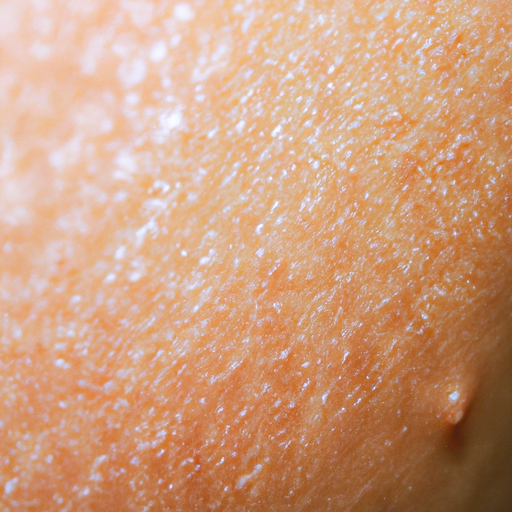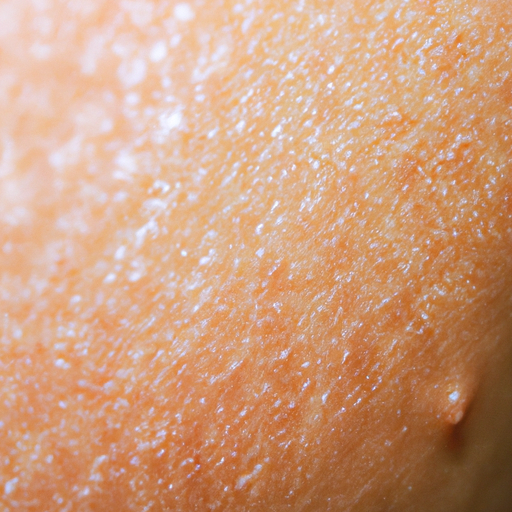As a dermatologist, I often encounter patients who are struggling with oily skin. This condition, characterized by an overproduction of sebum from sebaceous glands, can lead to a shiny complexion, enlarged pores, and frequent breakouts. However, with the right skincare regimen and lifestyle changes, it is possible to manage oily skin and reveal a radiant complexion. Here’s my ultimate guide to combat oily skin.
Firstly, it’s essential to understand that oil production is a natural process that helps protect the skin and keep it hydrated. However, factors like genetics, hormonal changes, diet, stress, and environmental conditions can cause the skin to produce more oil than necessary.
One of the most common misconceptions about oily skin is that it needs to be dried out. This couldn’t be further from the truth. Over-cleansing or using harsh products can strip the skin of its natural oils, causing it to produce even more oil to compensate. Instead, opt for a gentle, water-soluble cleanser that removes excess oil and impurities without disrupting the skin’s natural moisture balance.
Exfoliation is another crucial step in managing oily skin. Regular exfoliation helps remove dead skin cells that can clog pores and lead to breakouts. However, it’s important not to overdo it. Over-exfoliating can irritate the skin and trigger more oil production. Aim for once or twice a week using a product with salicylic acid or alpha hydroxy acids (AHAs), which are known for their oil-dissolving properties.
Moisturizing is another step that should not be skipped, even if your skin feels oily. Dehydrated skin can trigger more oil production. Look for oil-free and non-comedogenic moisturizers that hydrate your skin without clogging your pores.
In addition to a good skincare routine, lifestyle changes can also help manage oily skin. A diet rich in fruits, vegetables, lean proteins, and whole grains can help regulate oil production. Avoid foods high in sugars and fats as they can stimulate oil production. Regular exercise can also help by reducing stress levels, which can trigger oil production.
Sun protection is another crucial factor. Sun exposure can cause the skin to produce more oil and can lead to other skin problems like premature aging and skin cancer. Always wear a broad-spectrum sunscreen with an SPF of at least 30, even on cloudy days.
Lastly, if you’re struggling with oily skin, it’s a good idea to consult with a dermatologist. We can help identify the underlying causes of your oily skin and recommend treatments that are tailored to your specific needs. Prescription medications, like retinoids or oral contraceptives, can help regulate oil production. In-office treatments, like chemical peels or laser therapy, can also help reduce oiliness and improve the overall appearance of your skin.
In conclusion, while oily skin can be challenging to manage, it’s not impossible. With the right skincare routine and lifestyle changes, you can control excess oil production and reveal a radiant, healthy complexion. Remember, every person’s skin is unique, and what works for one person may not work for another. It’s important to listen to your skin and adjust your routine as needed. And don’t hesitate to seek professional help if you’re struggling with oily skin. As dermatologists, we’re here to help you achieve your best skin yet.




